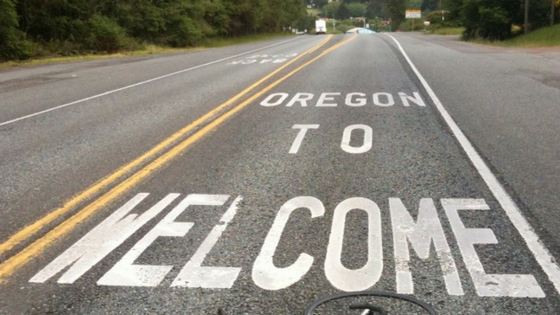Most hospitals in Oregon are not complying with a recently enacted law requiring them to screen patients to determine if they are eligible for charity care or financial assistance before referring debts to third-party collection agencies, according to a report from a national non-profit organization. The report also highlights just how few consumers are represented by attorneys when they are sued for unpaid debts.
The report found that 42 out of 60 hospitals in Oregon are actually giving out less financial assistance now, compared to what they did before the law went into effect in 2019.
In 2022, there were 34,157 small claim court cases filed in Oregon, of which 27,144 were for consumer debt collection or debt buyers. Of those, the consumer was represented by an attorney in only 19 cases. The consumer filed responses to complaints in only 697 cases. The report does not break out how many of those 27,144 lawsuits were for medical debt or filed by one of the 60 hospitals in Oregon. It instead extrapolates that it is “highly likely that the majority of these small claims collection lawsuits are for medical debt,” because “medical debt makes up more than half of all recorded debt on credit reports.”
The report concludes that the only group coming out ahead in the current environment are “third party debt collection agencies” because patients saddled with medical debt avoid further care and are more likely to have other health issues, and hospitals are negatively affecting patient health for no financial gain.
“Oregon hospitals are committed to community benefit and have been active participants in the implementation of the first-in-the-nation community benefit program created through HB 3076,” said Lisa Goodman of the Oregon Association of Hospitals and Health Systems, in a published report.









